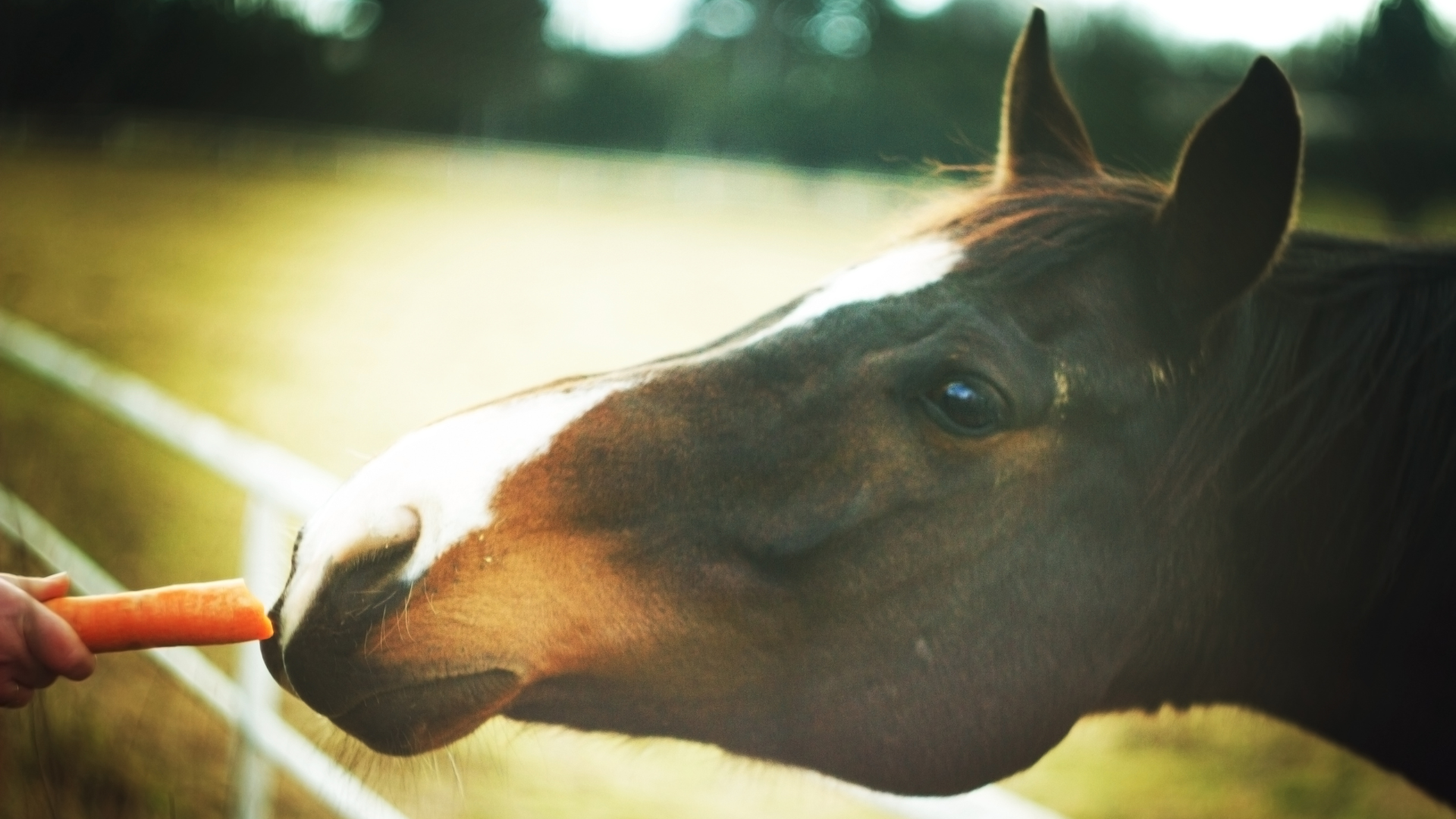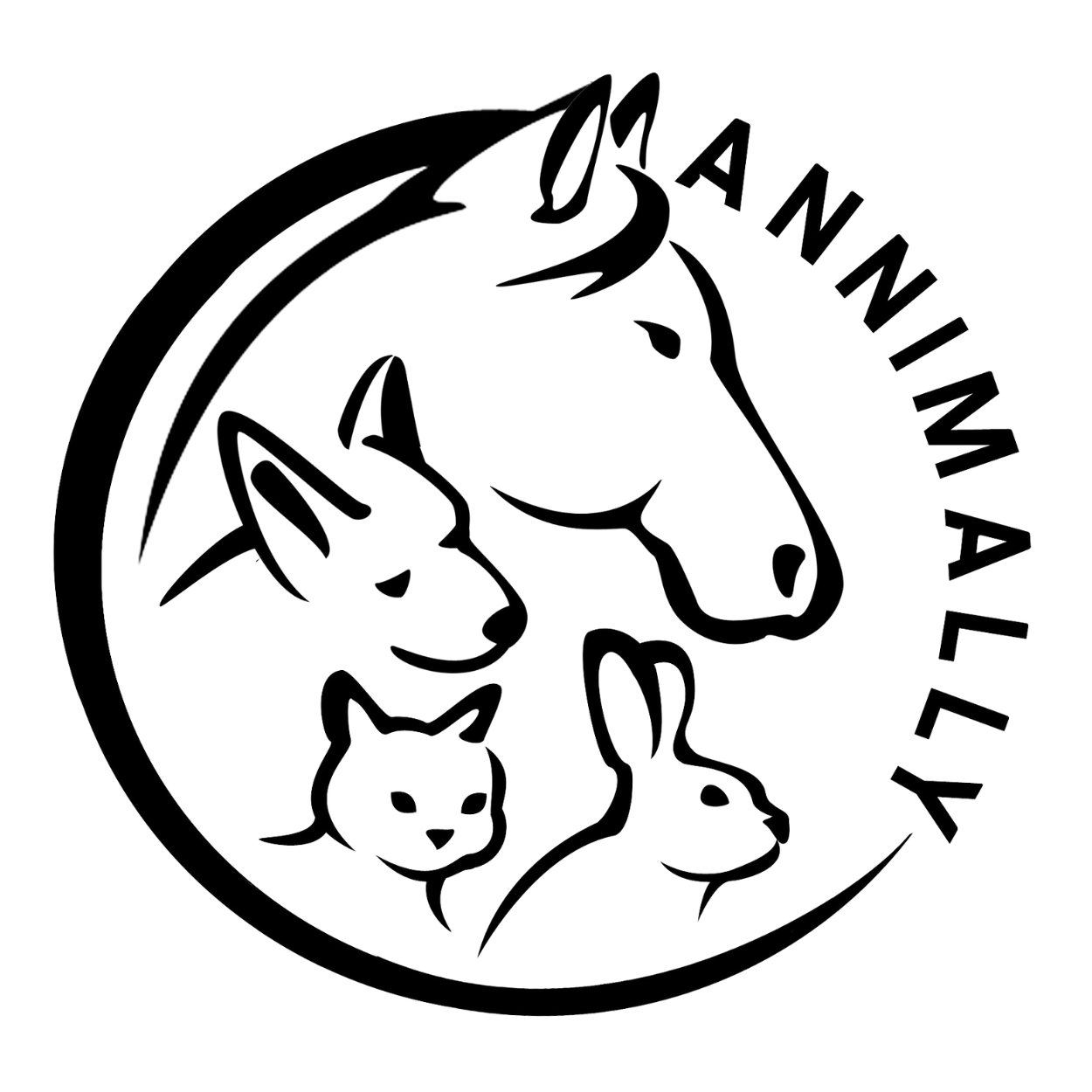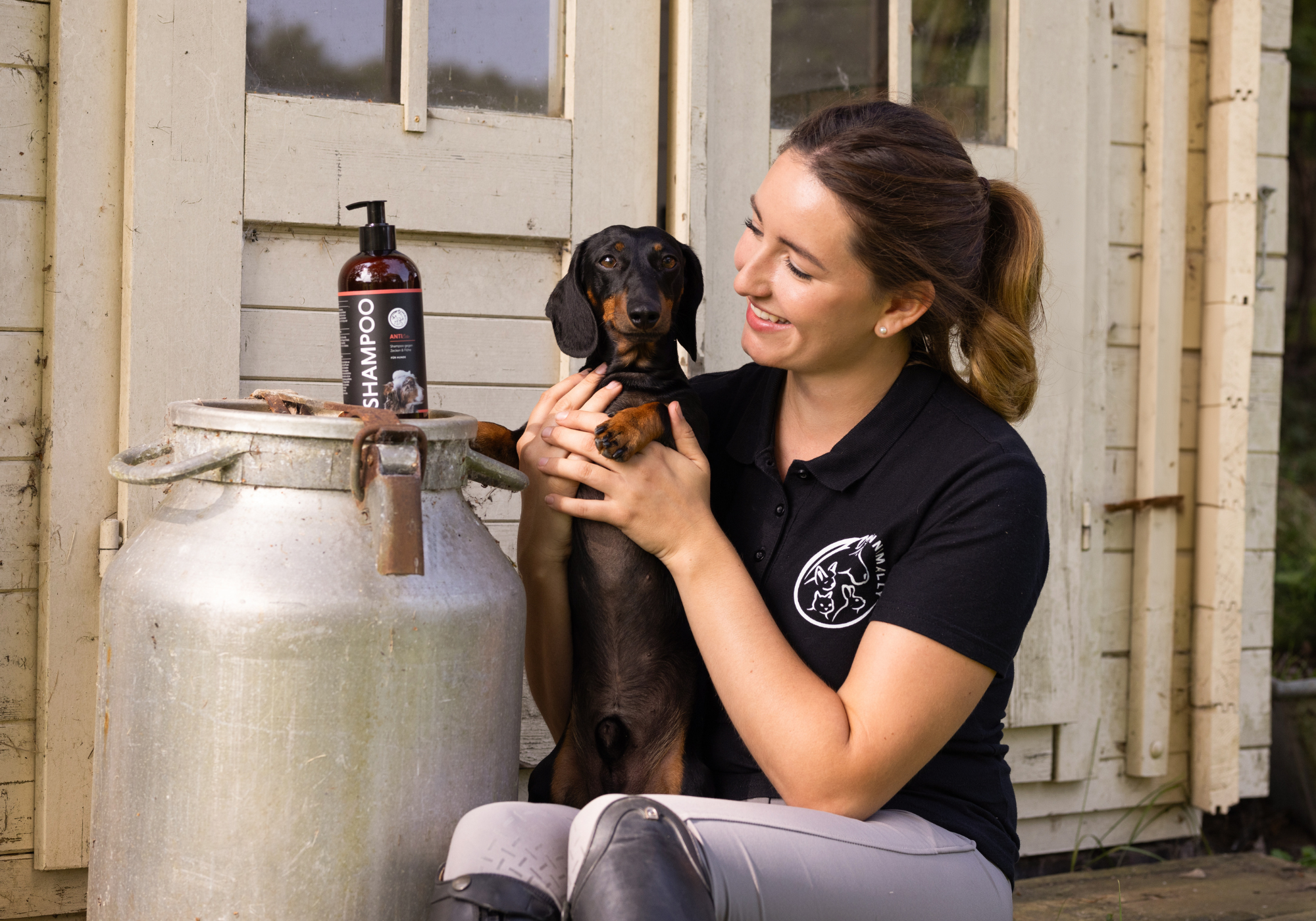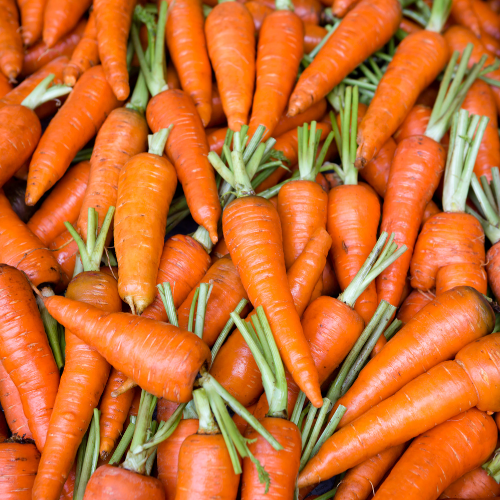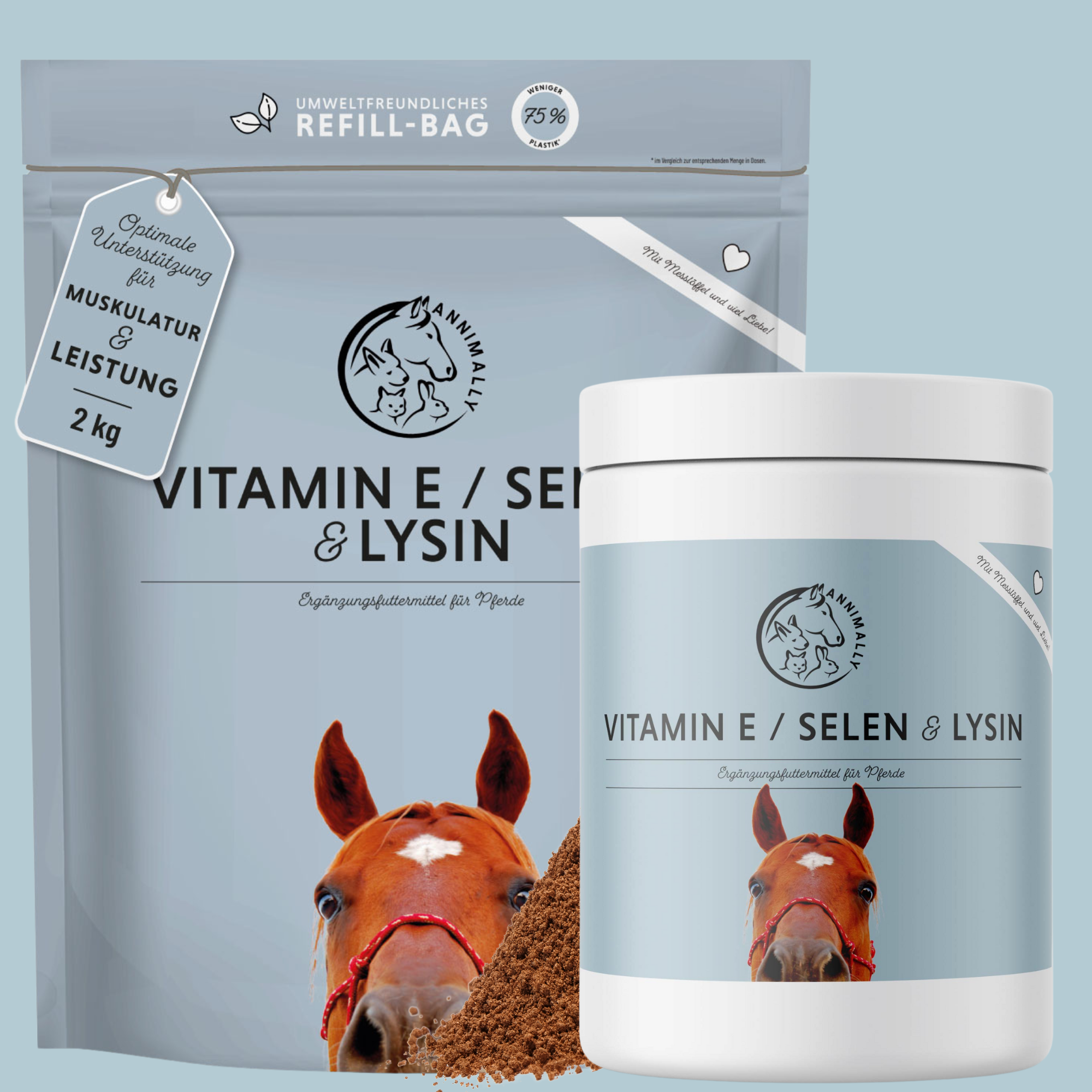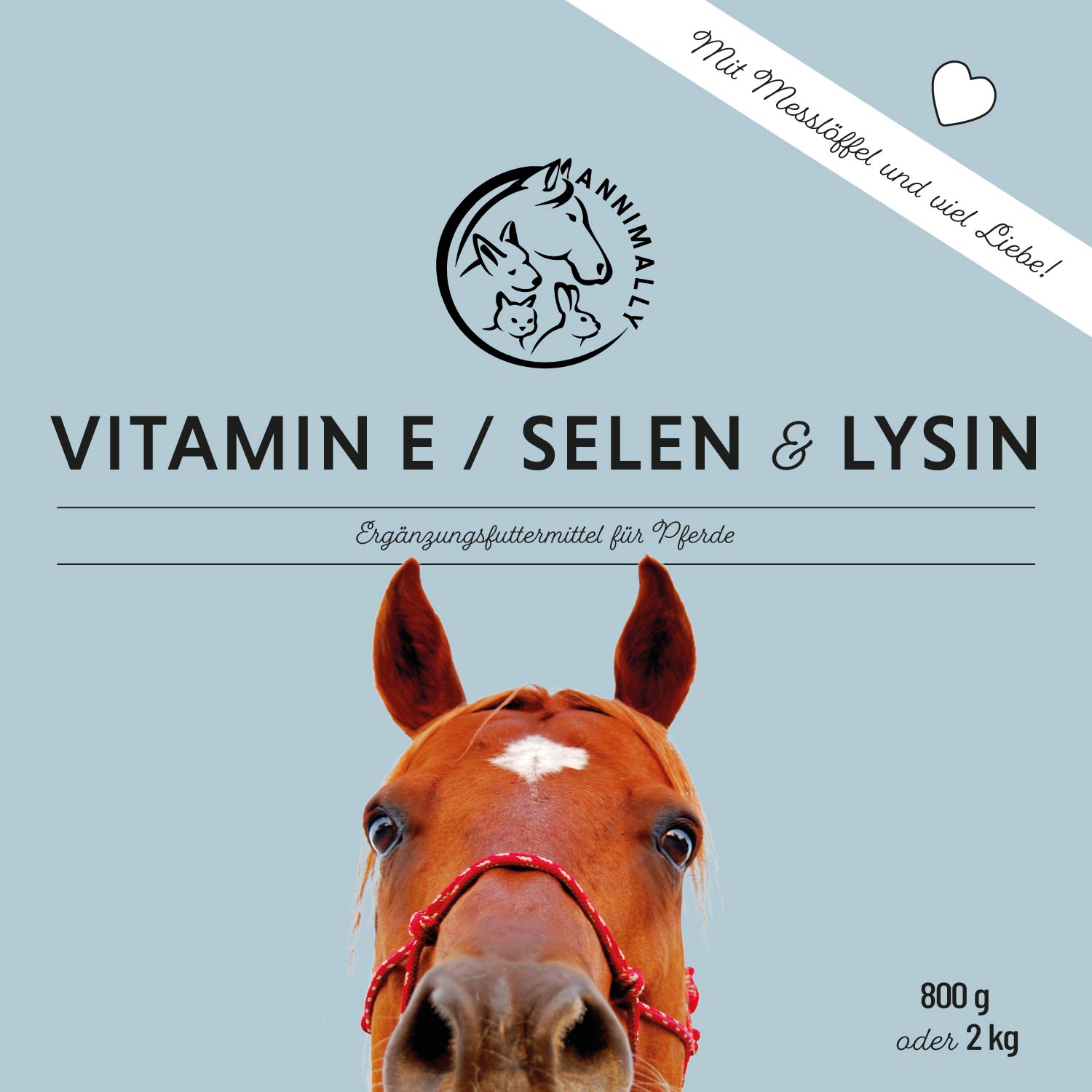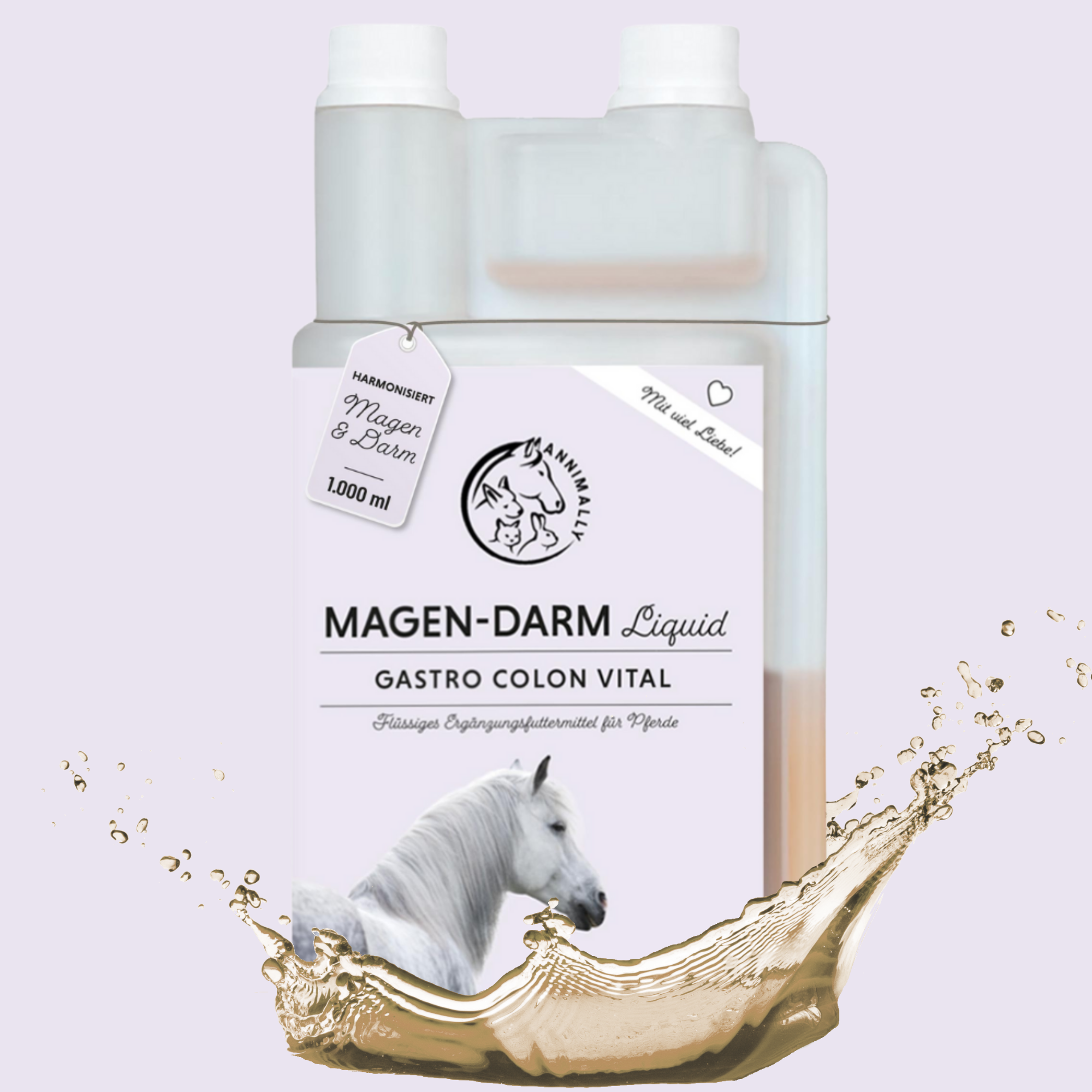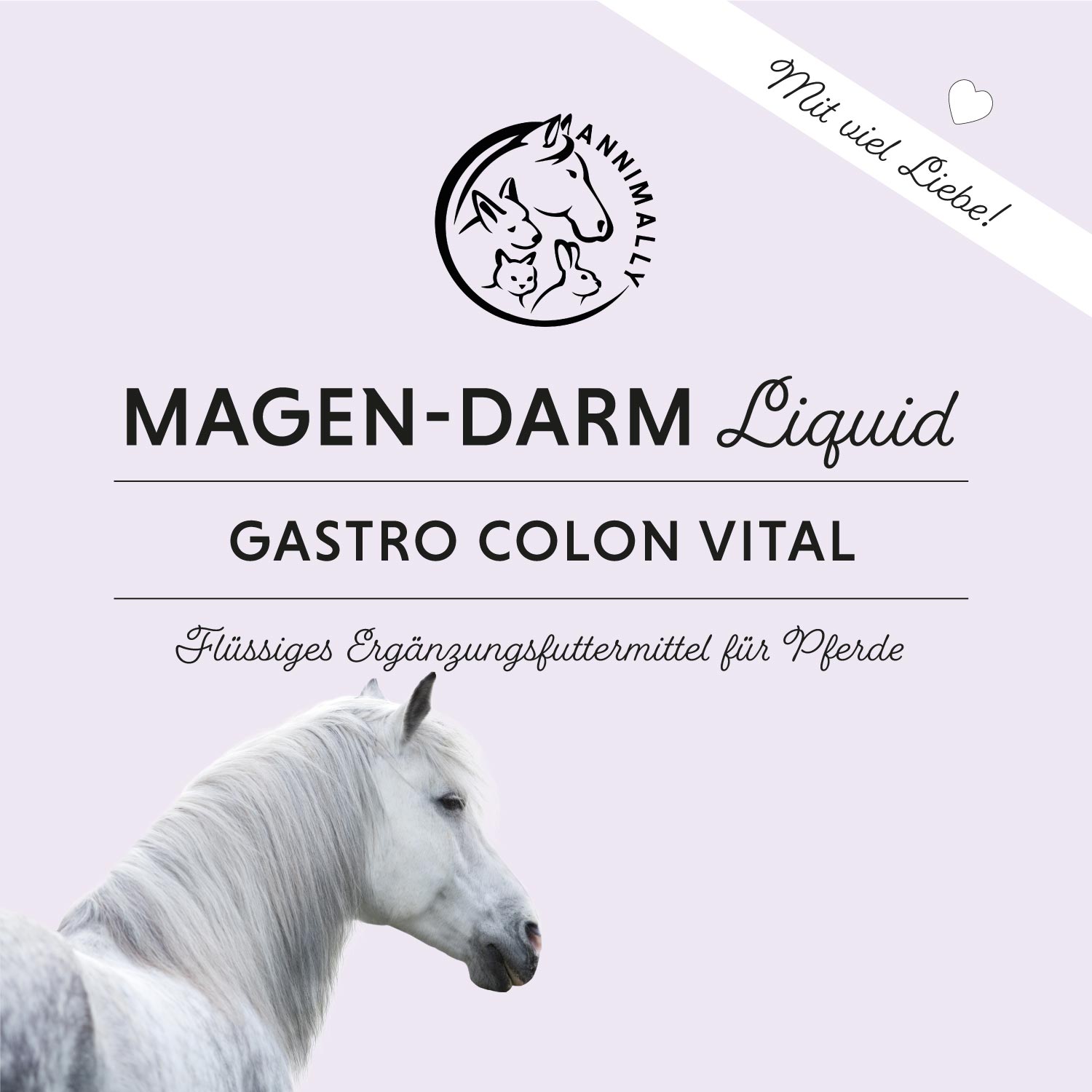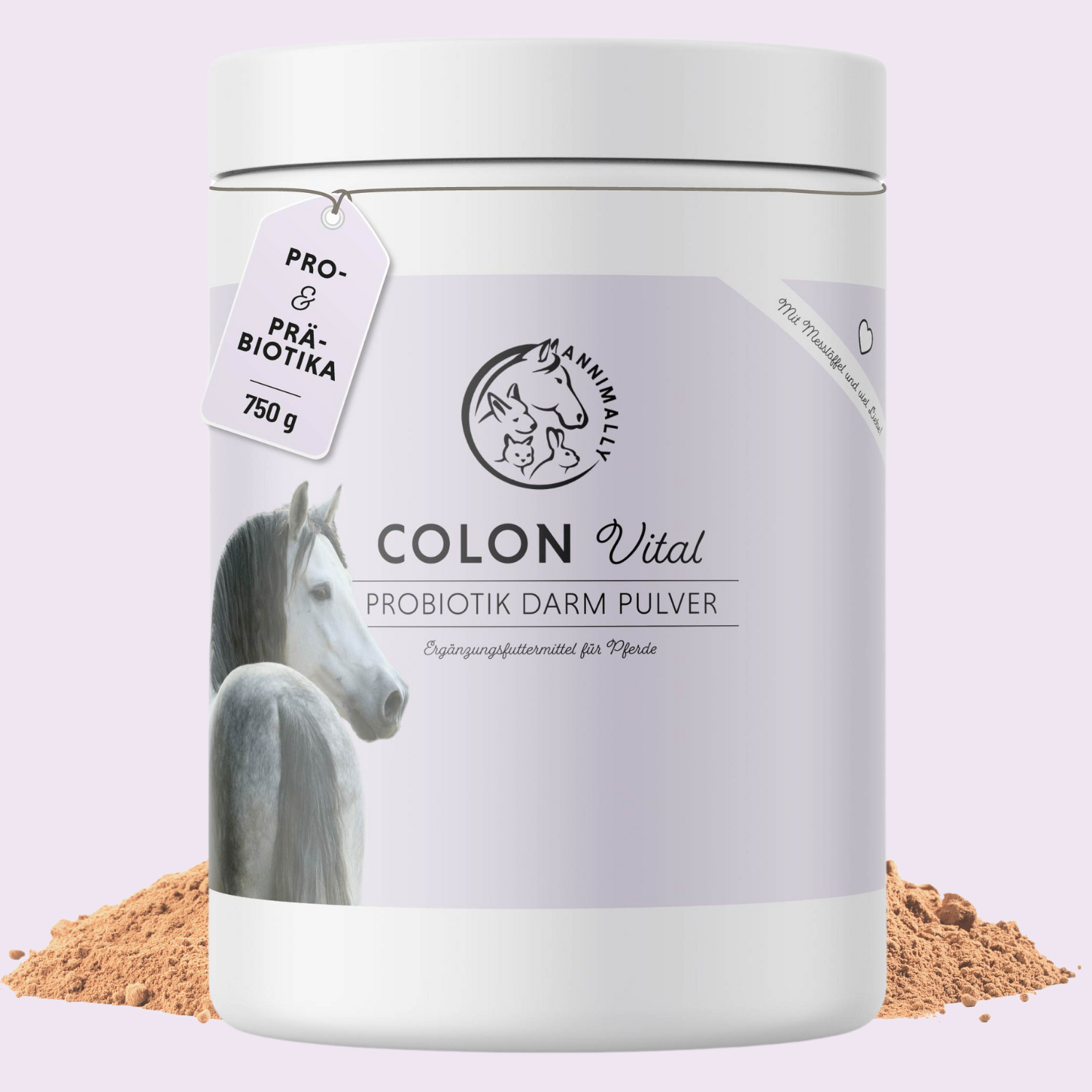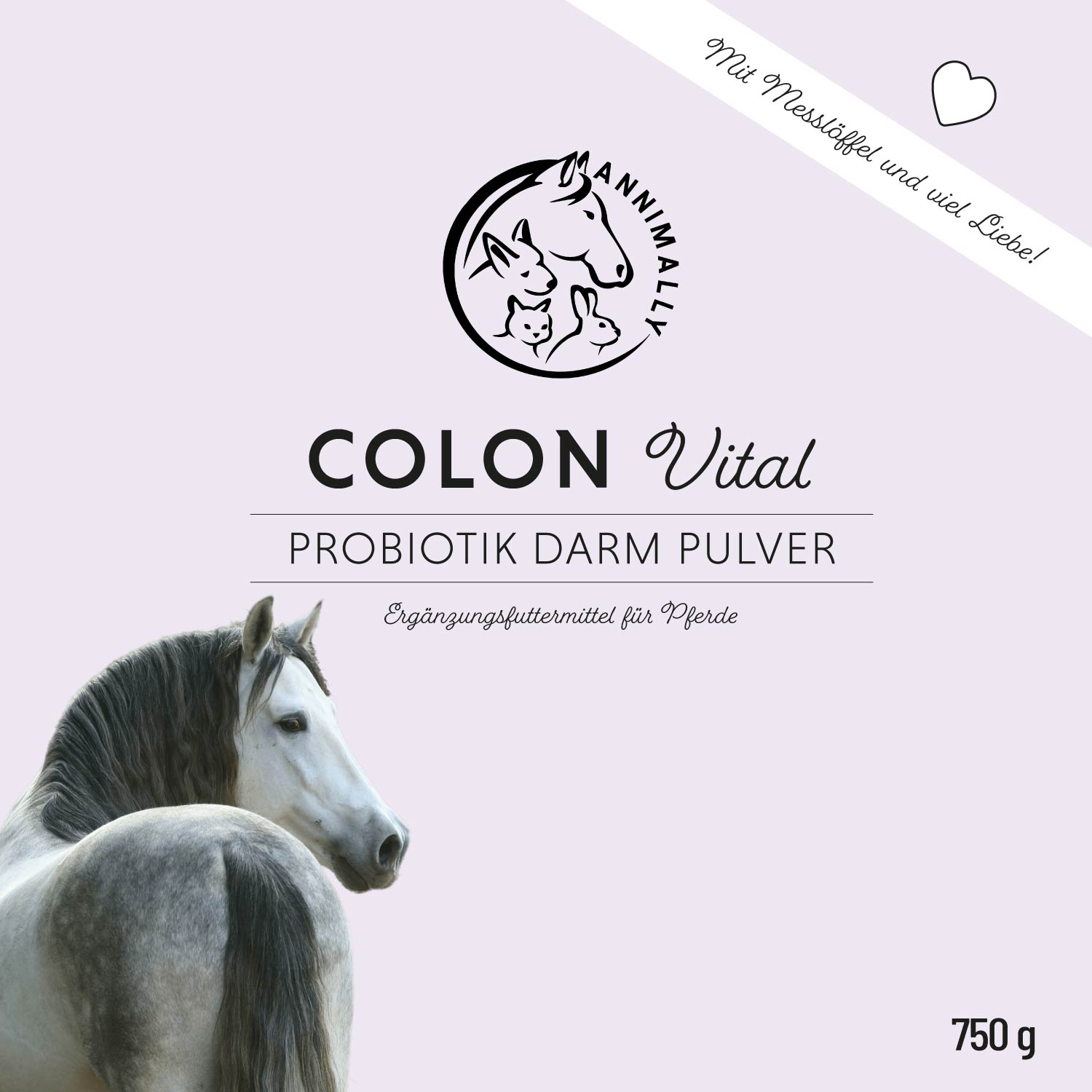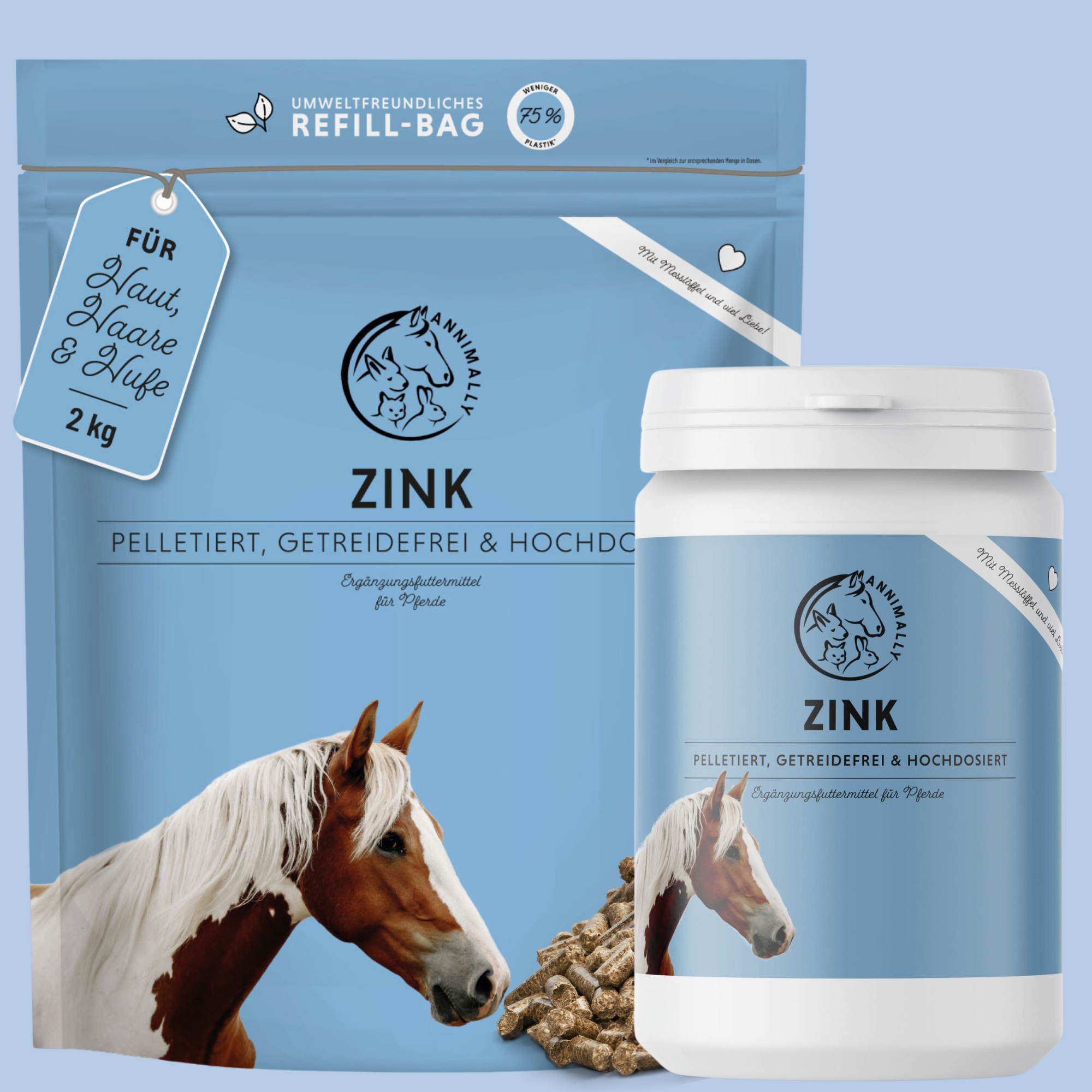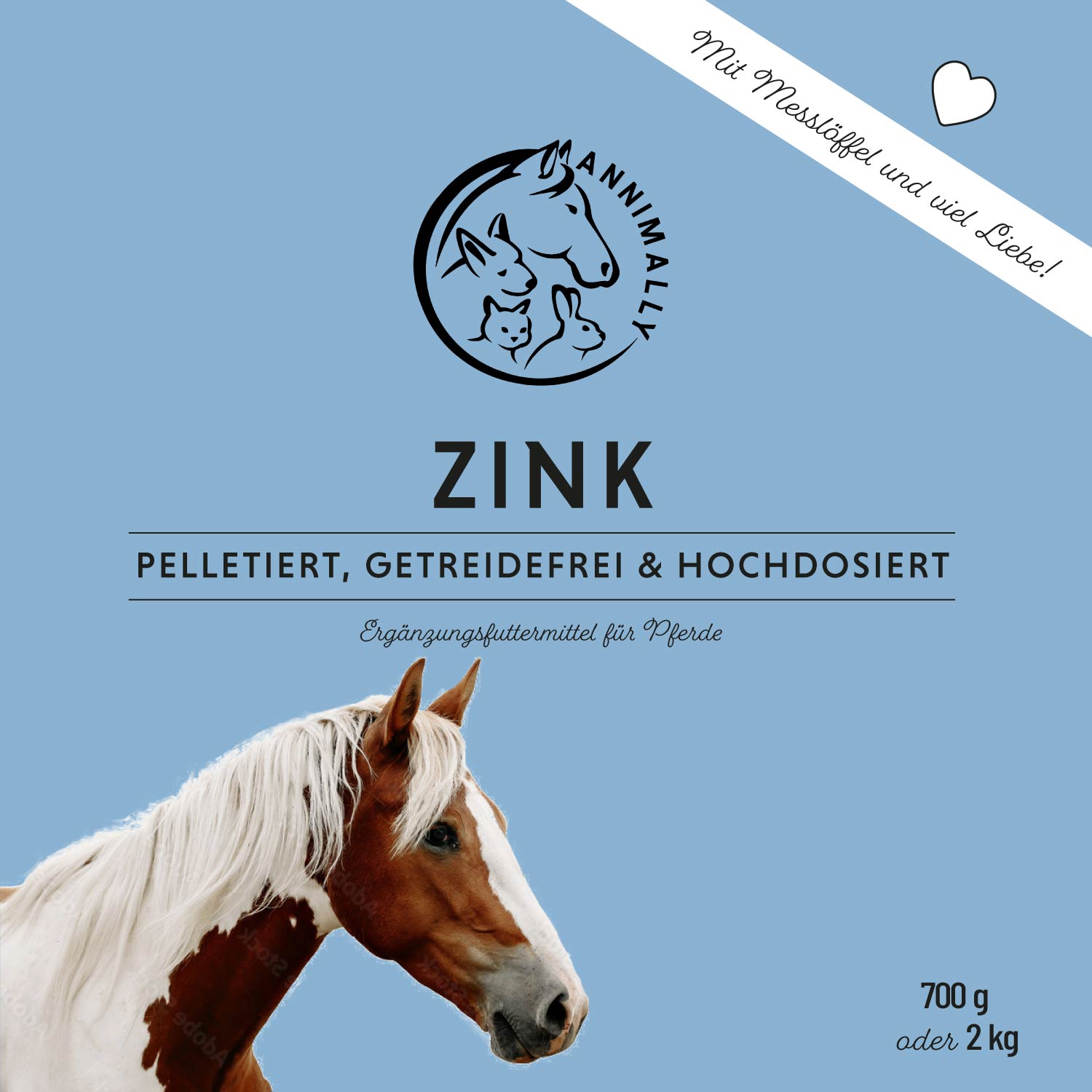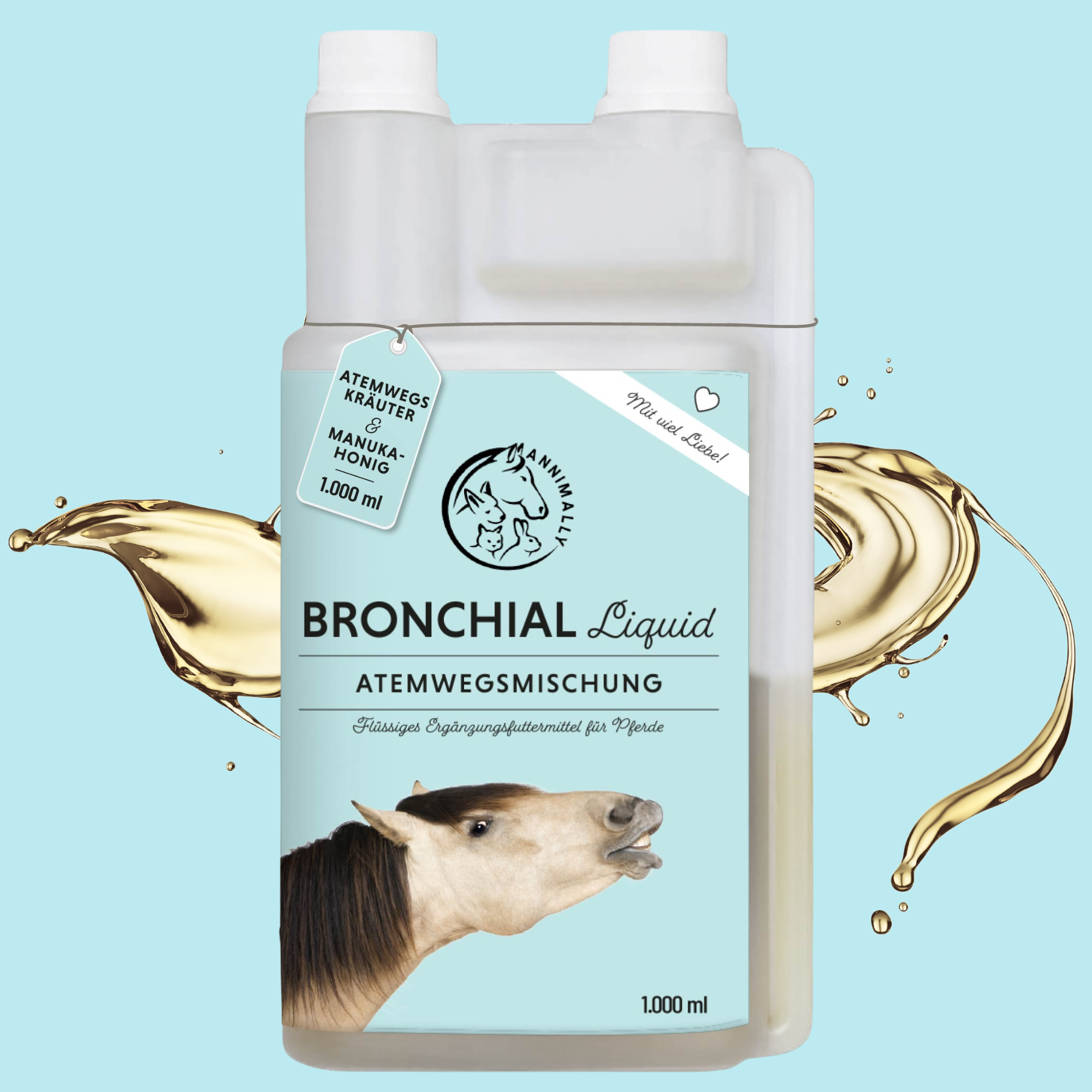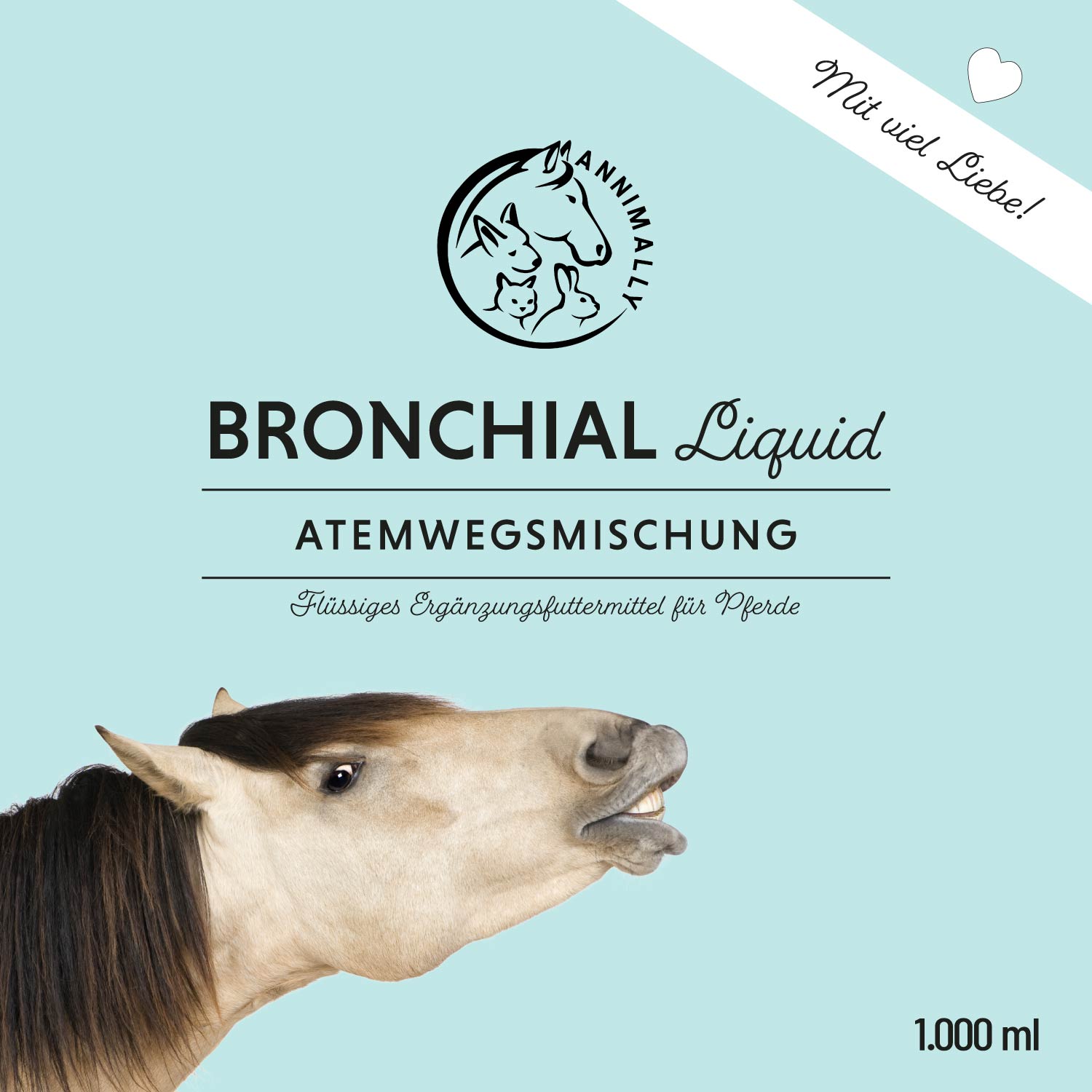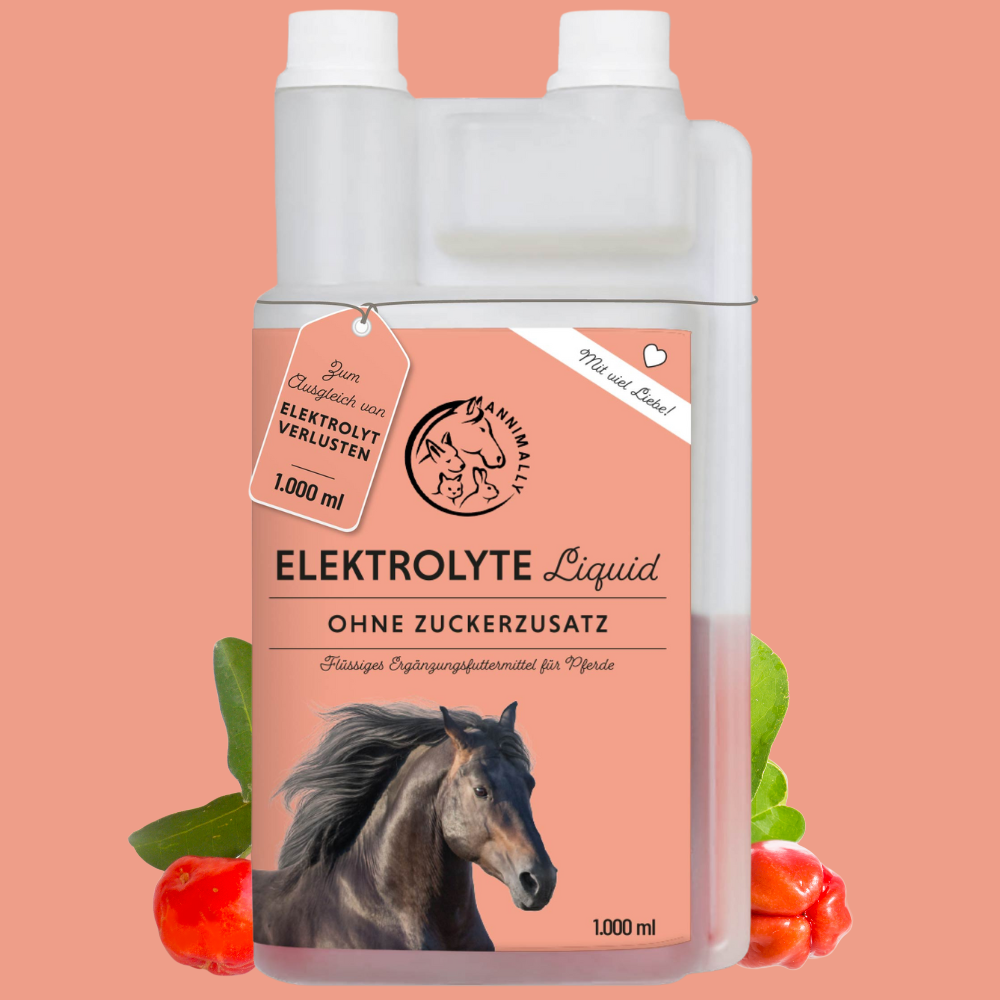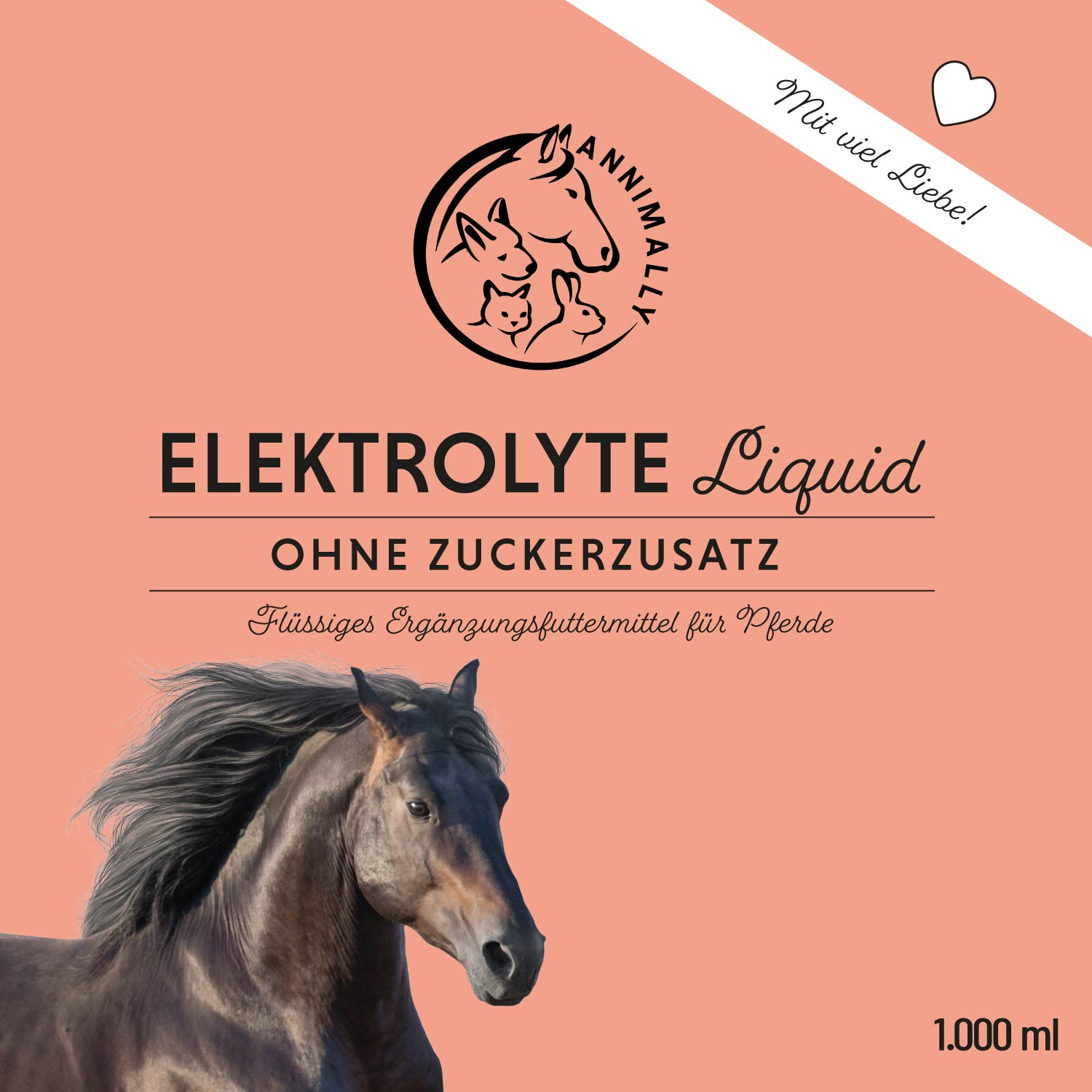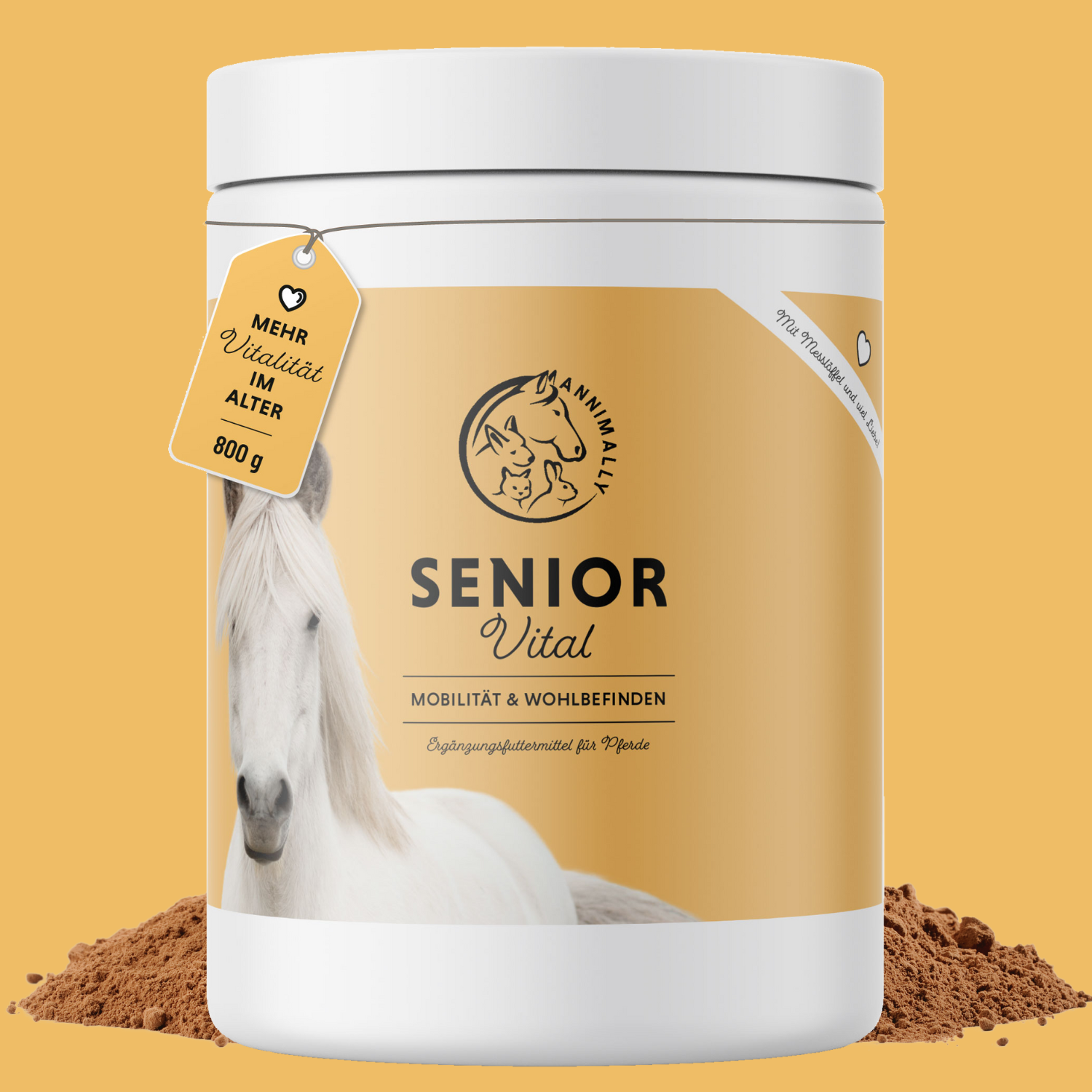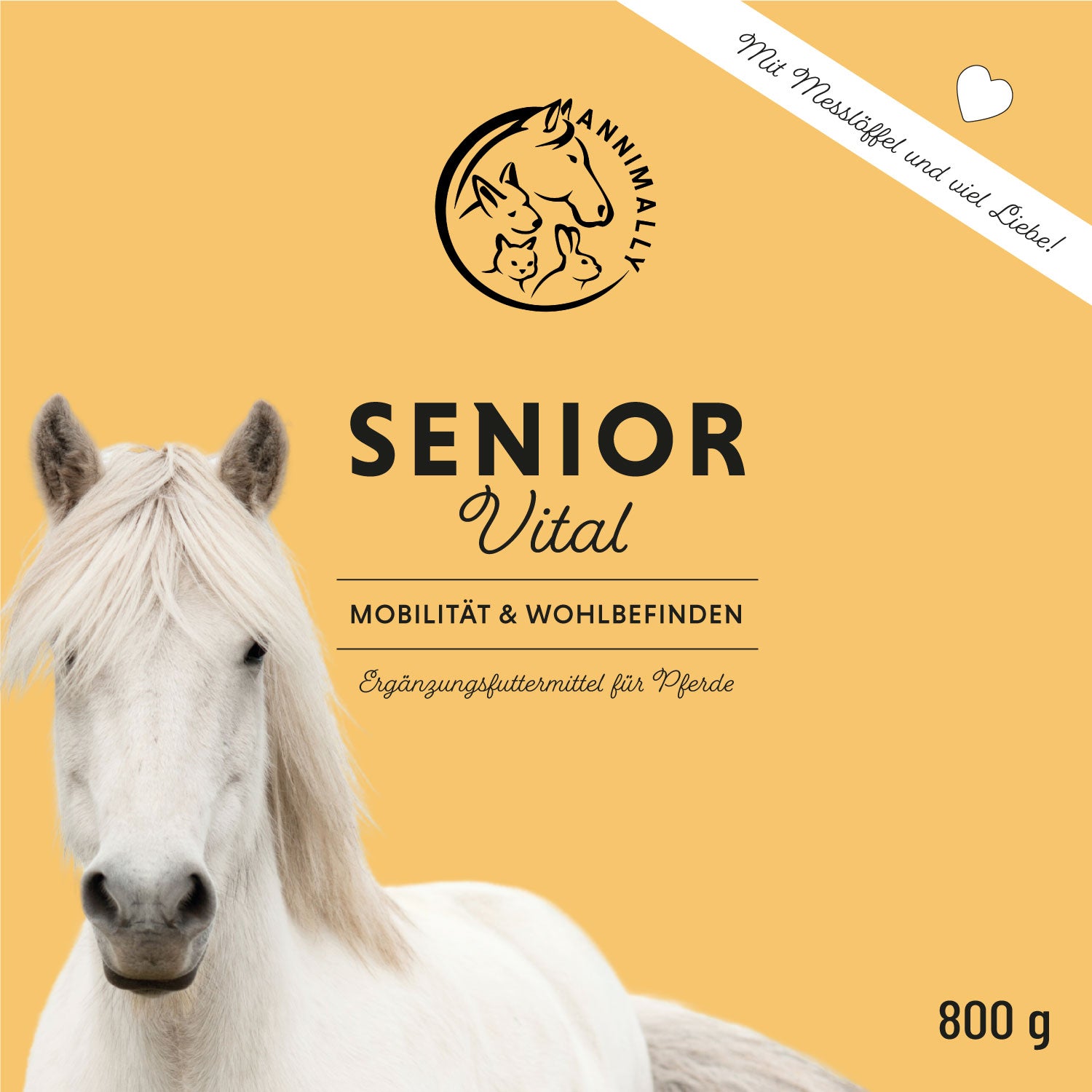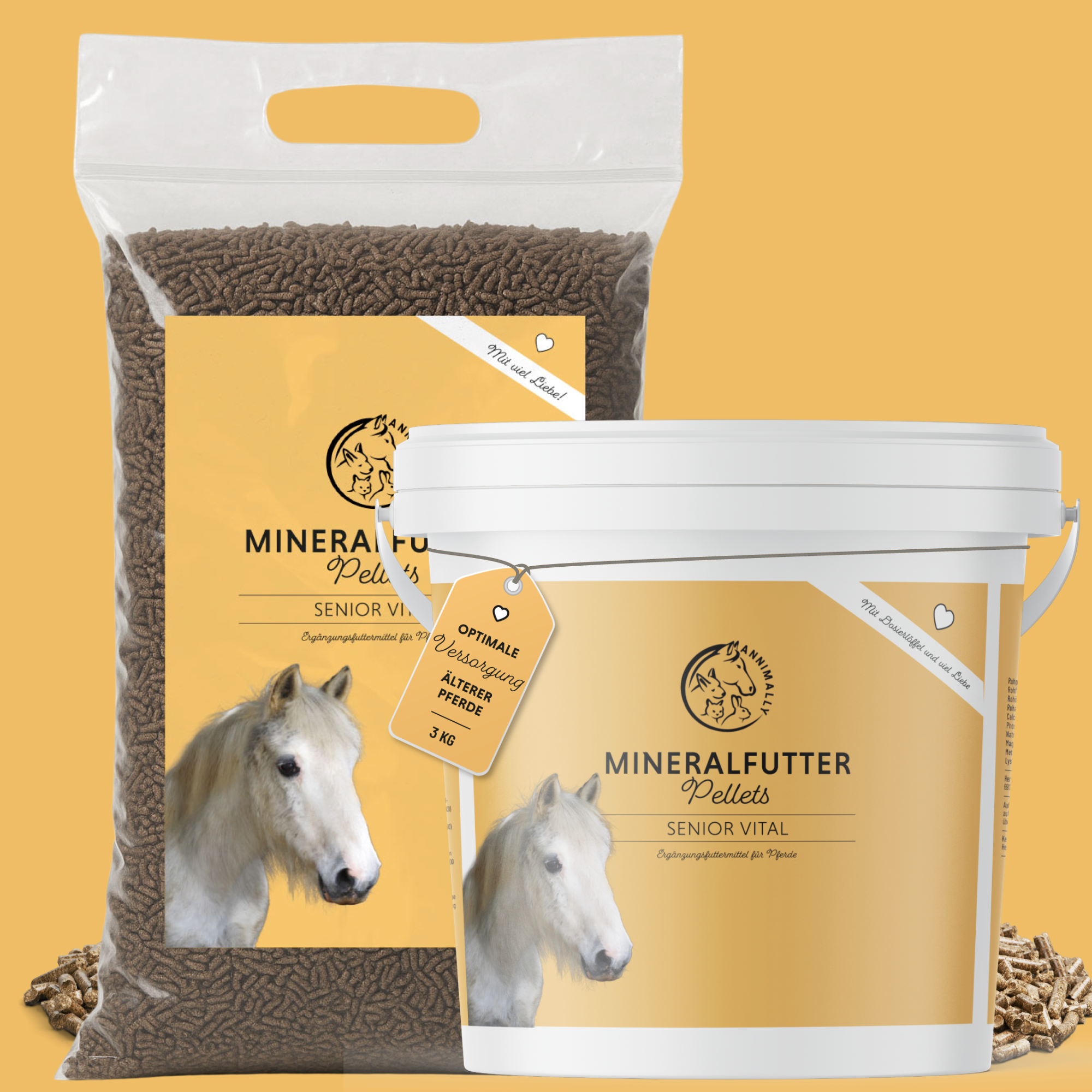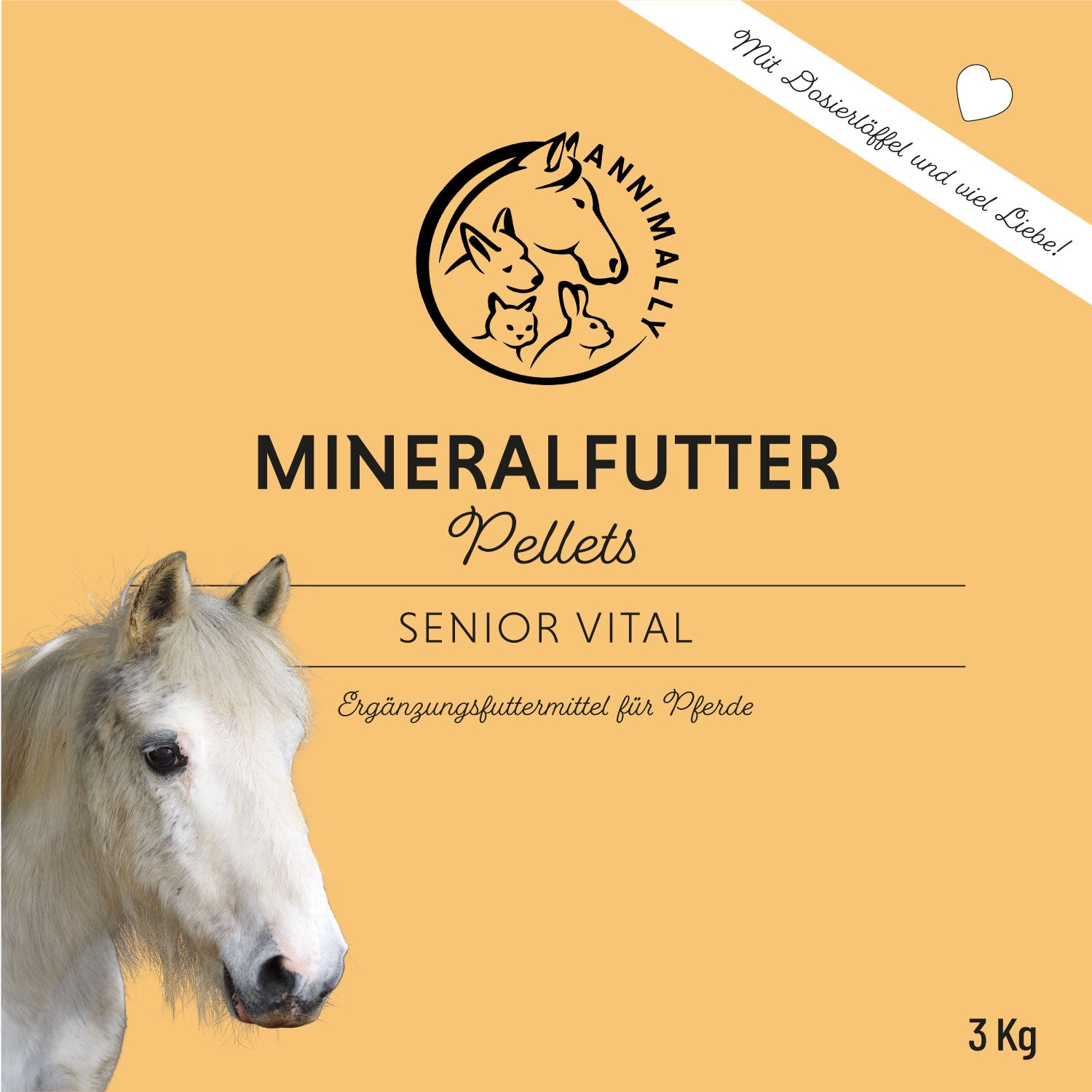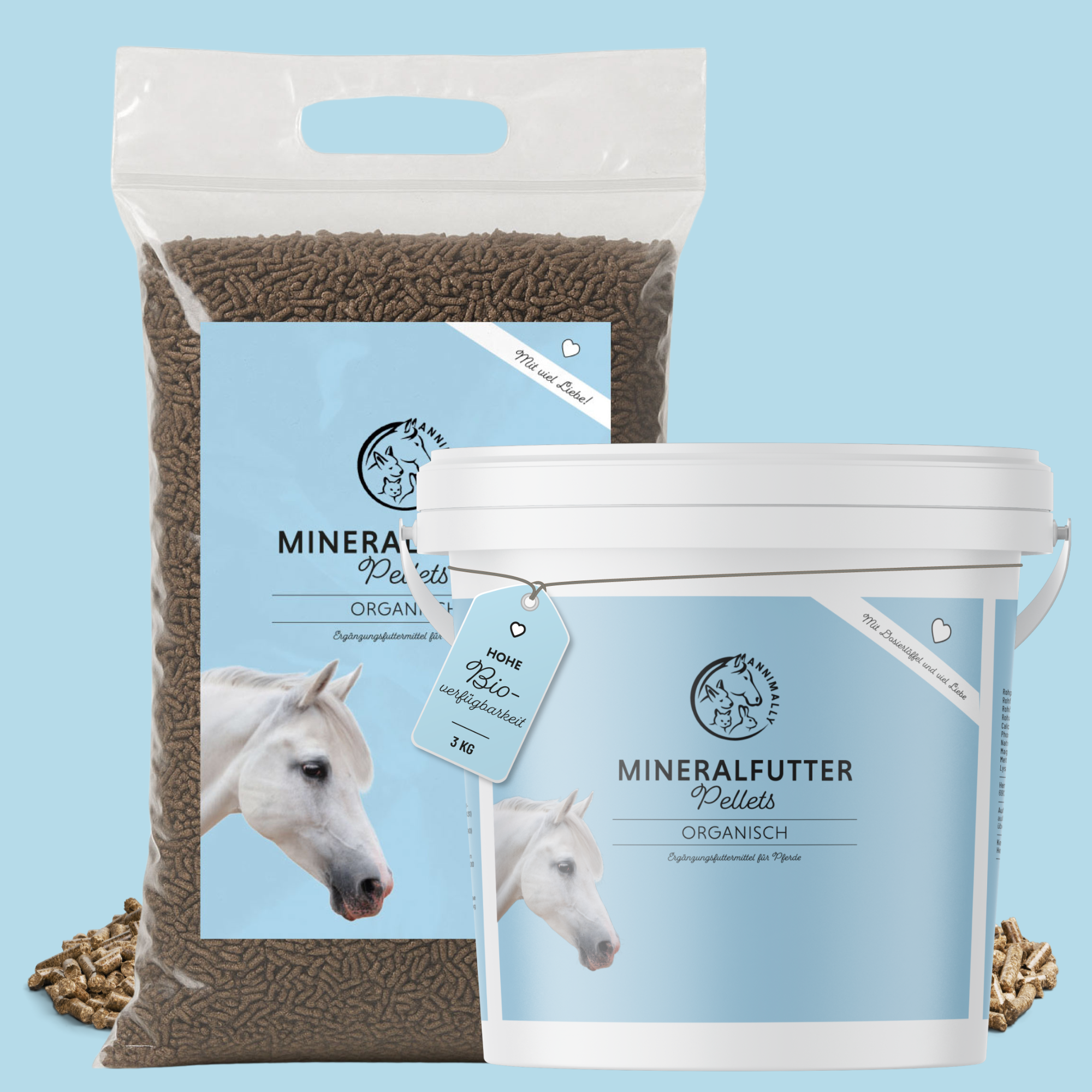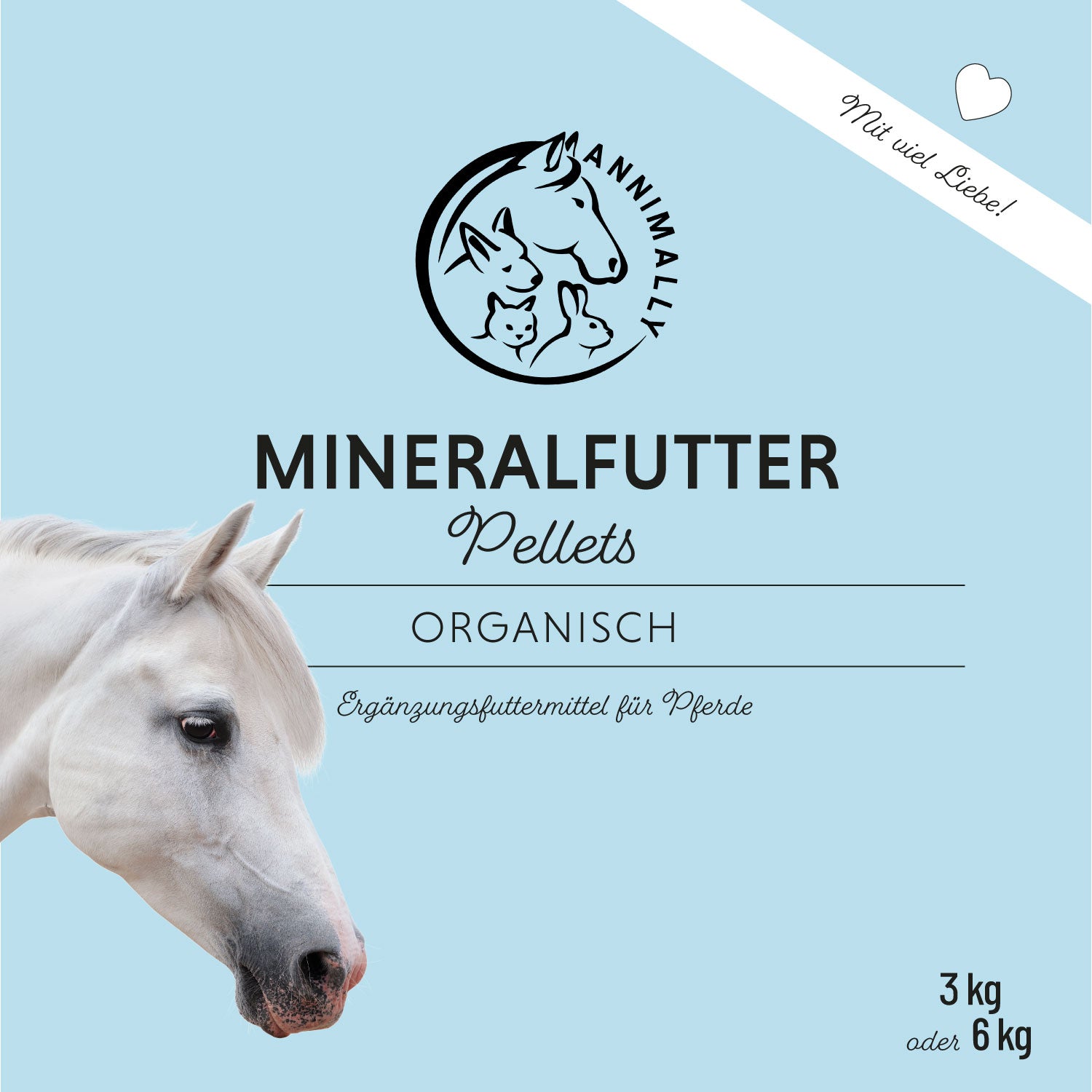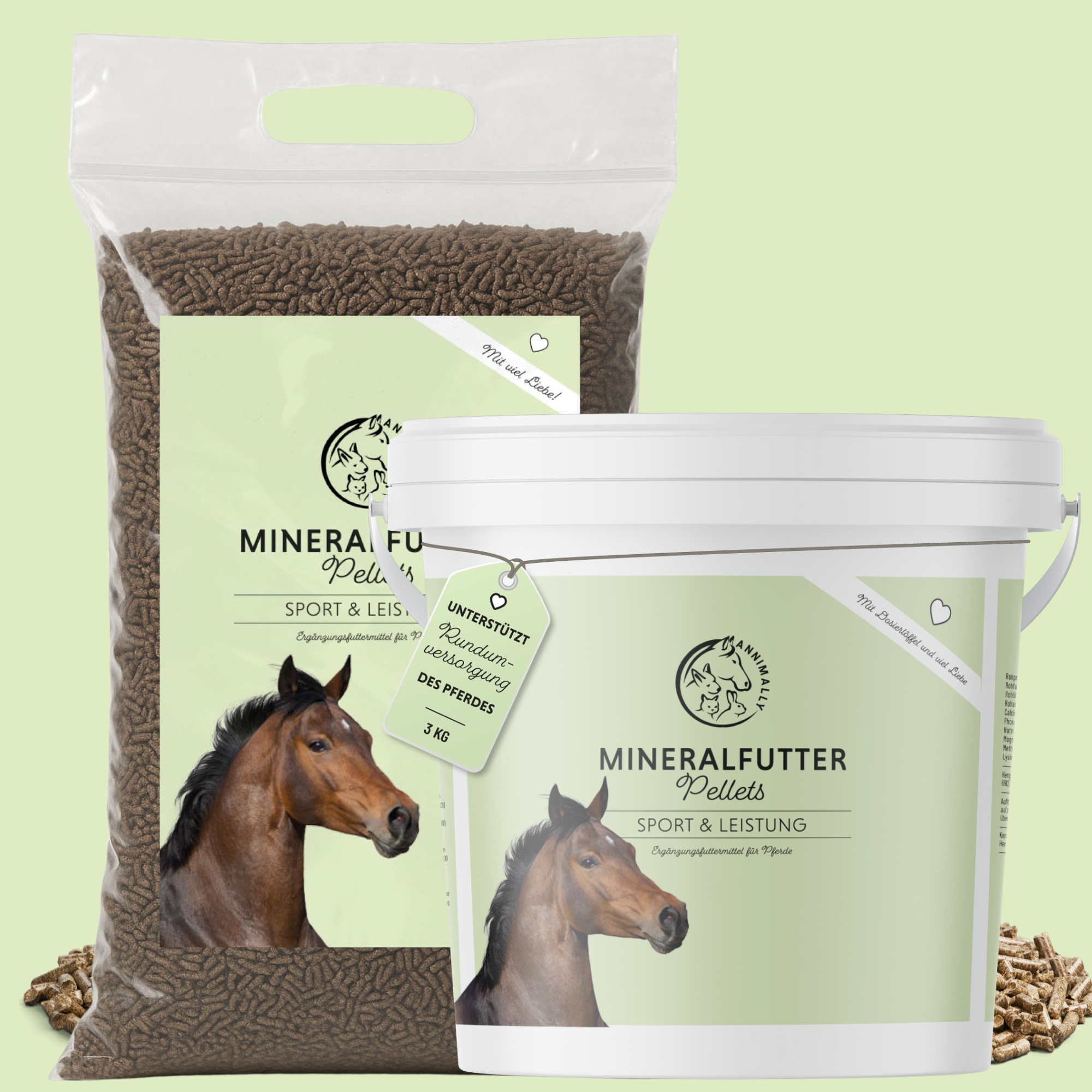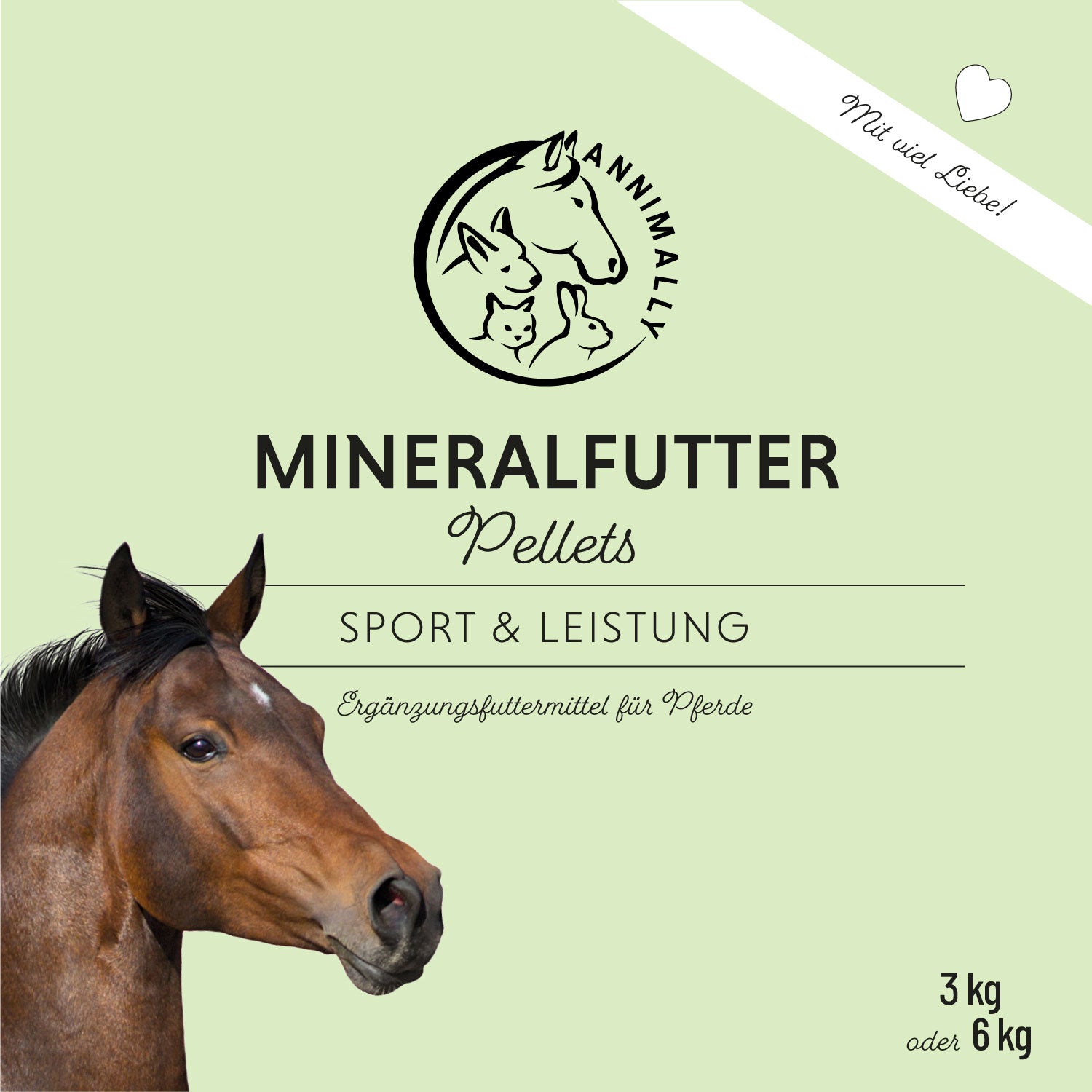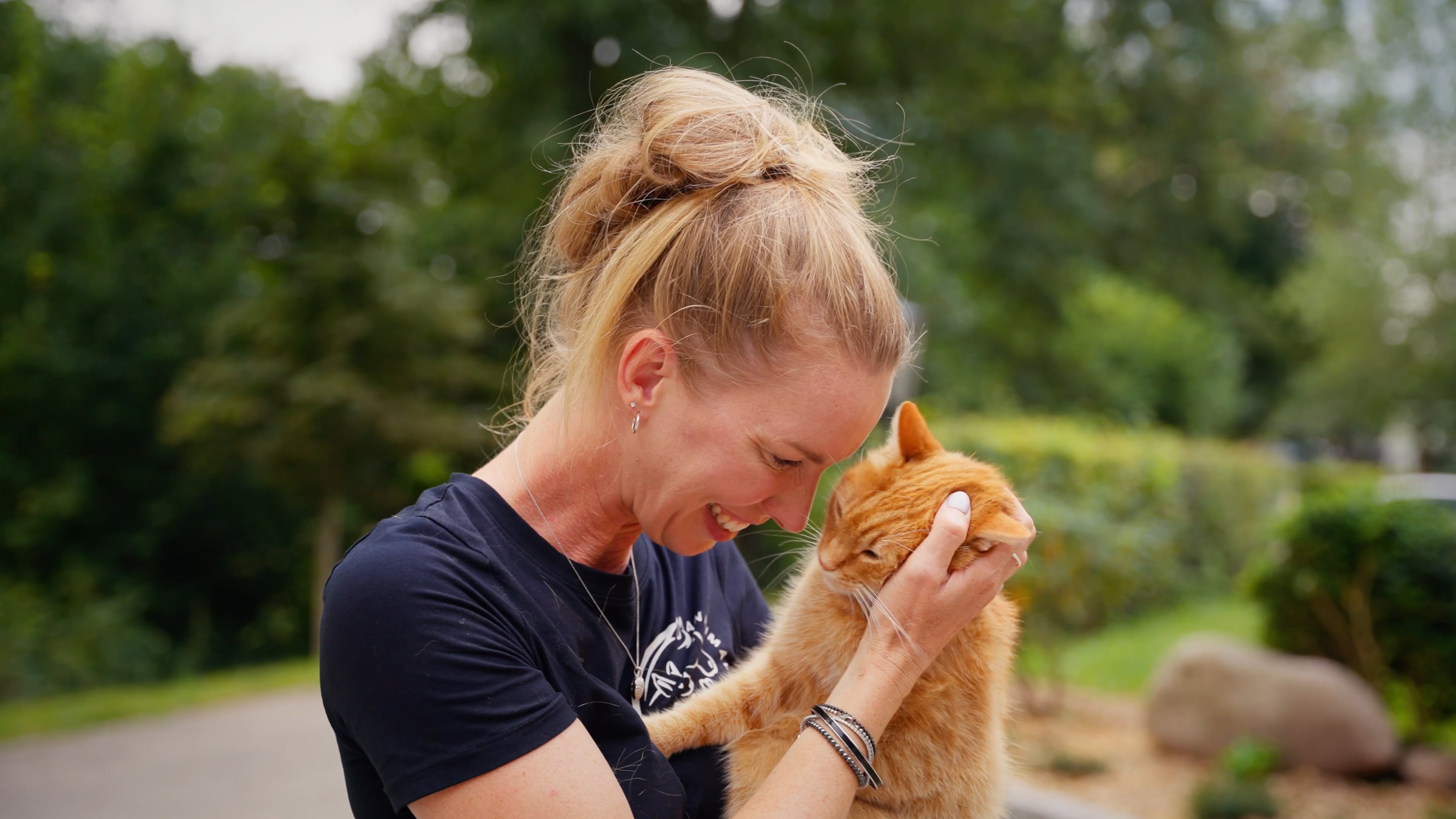Carrots for horses – Why carrots are more than just a tasty snack
If you're a horse owner, you've probably already asked yourself whether and how many carrots you can feed your horse. After all, the bright orange root is not only a healthy vegetable for us humans, but also highly sought after by horses. Whether as a reward, snack, or even as a feed supplement, carrots are an essential part of many stables. But what makes carrots so special for horses? And what should you keep in mind when feeding carrots?
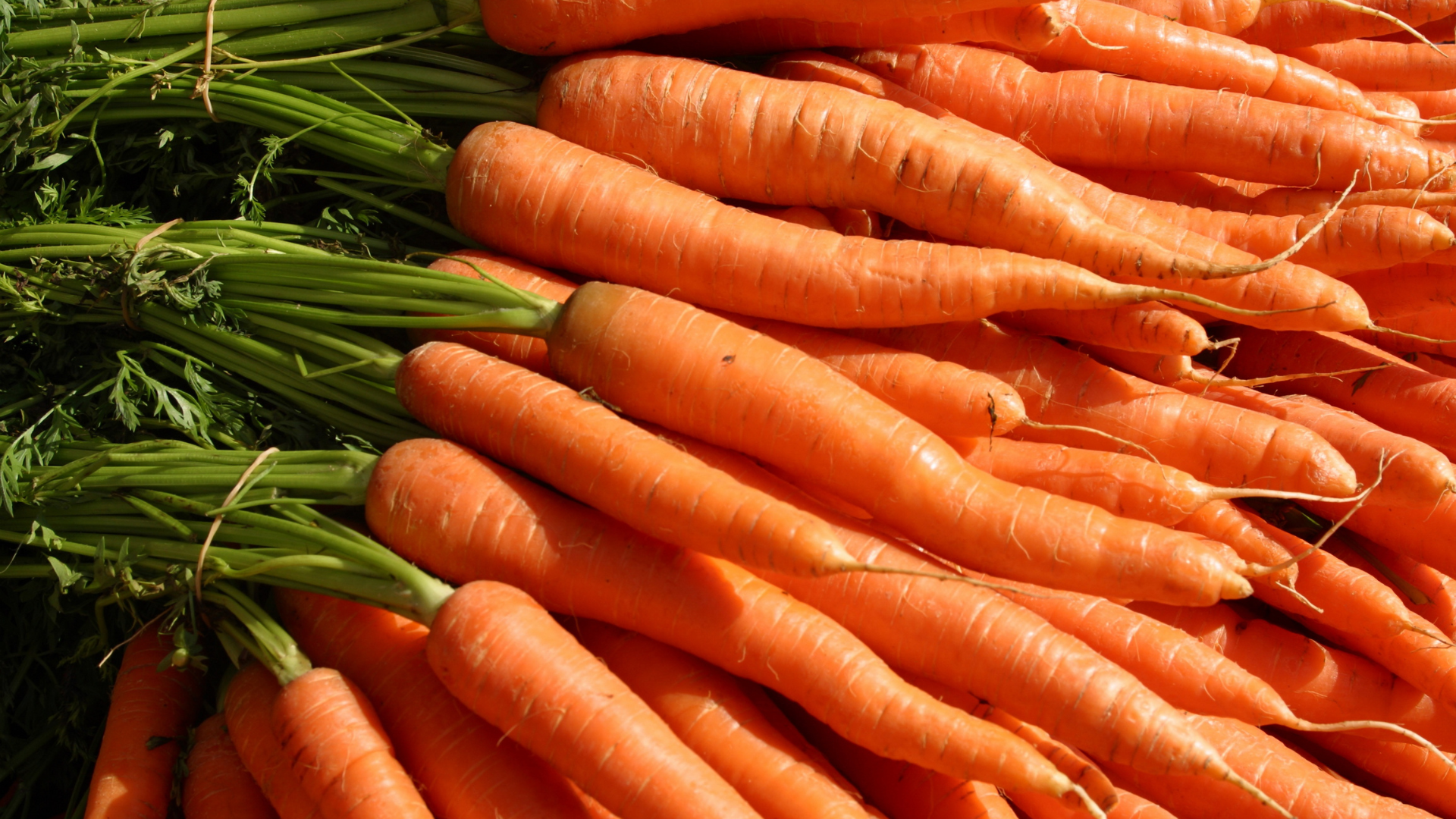
The carrot – a popular root vegetable for horses
Carrots, also called carrotlets or carrotlets, are among the most popular snacks for horses. Their natural sweetness, pleasant taste, and crunchy texture make them a real favorite. Carrots are often the first vegetable young horses are given.
But there's more to the delicious taste: Carrots contain many vitamins, especially beta carotene, which is converted into vitamin A in the body. This is especially important for your horse's skin, mucous membranes, immune system, and eyesight. But also potassium, Magnesium , Calcium , zinc and iron make the root vegetable a valuable part of the diet.
Carrots as a snack or food supplement?
Many horse owners give their animals carrots as a reward or occasional snack—and that's perfectly fine. But you can also use carrots as a targeted feed supplement, for example, for:
-
Loss of appetite – The sweet taste can stimulate food intake.
-
Problems with the immune system – Thanks to the vitamins and minerals it contains.
-
Animals with sensitive digestion – Carrots are easy to digest.
-
Winter feeding – In winter there is a lack of fresh grass and grazing time, carrots provide variety.
Carrots can be a healthy supplement, especially during the cold season when fresh greens are scarce in the pastures. Their high water content also supports digestion—a crucial factor, especially for horses.
How many carrots can a horse eat?
This is where things get interesting. Although carrots are healthy, you shouldn't overdo it. A balanced diet is key. Carrots contain sugar, and too much of it can lead to long-term problems – especially for horses with metabolic disorders such as Cushing's disease or Equine Metabolic Syndrome (EMS).
As a rule of thumb:
👉 1 to 2 kilos of carrots per day for a healthy large horse are safe.
👉 For ponies, EMS or Cushing horses, only small amounts are better (about 1-2 carrots a day).
The exact amount depends on various factors: the horse's weight, general feeding, health condition and, of course, whether you also give carrot pellets or other vegetables.
Carrot pellets – the practical alternative
Don't always have fresh carrots on hand? No problem – carrot pellets are an alternative. These are made from dried, pressed carrots and are particularly convenient to store. They're an excellent addition to hay or as an ingredient in daily feed.
When buying, look for high-quality products—ideally organic carrots without additives and with as little sugar as possible. Good carrot pellets have an intense flavor and still contain plenty of vitamins and minerals.
You can feed them dry or soak them in water. Soaking is especially helpful for older horses or those with dental problems.
Is carrot suitable for all horses?
Generally, yes, but there are exceptions. As already mentioned, you should be very careful with horses with laminitis, Cushing's disease, or EMS. The sugar content can be problematic here – even in small amounts.
Carrots should also only be fed in limited quantities to horses that gain weight very easily or are already struggling with obesity.
Remember: Even though carrots are the opposite of grains—light and healthy—they contain calories. And every bit counts, especially if you give your horse carrots regularly.
Oil and carrots – a good combination?
You may have heard that you should pour oil over carrots to improve the absorption of beta carotene. That's true – vitamin A and its precursors are fat-soluble. A few drops of high-quality vegetable oil (such as linseed or sunflower oil) can help the body absorb it.
However, you should also use moderation here. Too much oil puts a strain on your digestive tract. One teaspoon per serving of carrots is perfectly sufficient.
Carrots compared to other vegetables
Carrots hold a special place in horse nutrition. Compared to other vegetables such as beets, apples, or celery, they are particularly low in calories but rich in valuable nutrients. At the same time, they are particularly tasty for most horses—a real plus in their daily diet.
Nevertheless, it's still a good idea to offer a variety of food every now and then. A little celery, beetroot, or parsnip can provide some variety—always in moderation, of course.
Growing carrots – is it worth it?
If you have the time, space, and inclination, you can even grow your own carrots. Not only is this sustainable, but you also know exactly what you're feeding your horse. Organic, homegrown carrots, in particular, are a great alternative to supermarket produce.
Carrots thrive in loose, deep soils. Make sure you don't use any chemicals—after all, you want your horses to be able to eat the vegetables without worry.
Conclusion: Carrots are more than just a treat
Carrots are a great addition to a horse's daily diet. They provide your animal with essential vitamins, taste great, and are versatile – whether as a snack, reward, or a healthy feed supplement in winter. Carrot pellets even provide a practical alternative when fresh vegetables aren't available.
But as with everything in horse feeding, the same applies here: The amount makes all the difference. Pay attention to your horse's individual needs, especially if it has pre-existing conditions such as Cushing's disease, EMS, or laminitis.
If you're unsure, it's best to talk to your veterinarian or a qualified nutritionist. This way, you can ensure your horse is optimally cared for—with everything it needs. And a small carrot as a reward? That should never be missed, of course.
